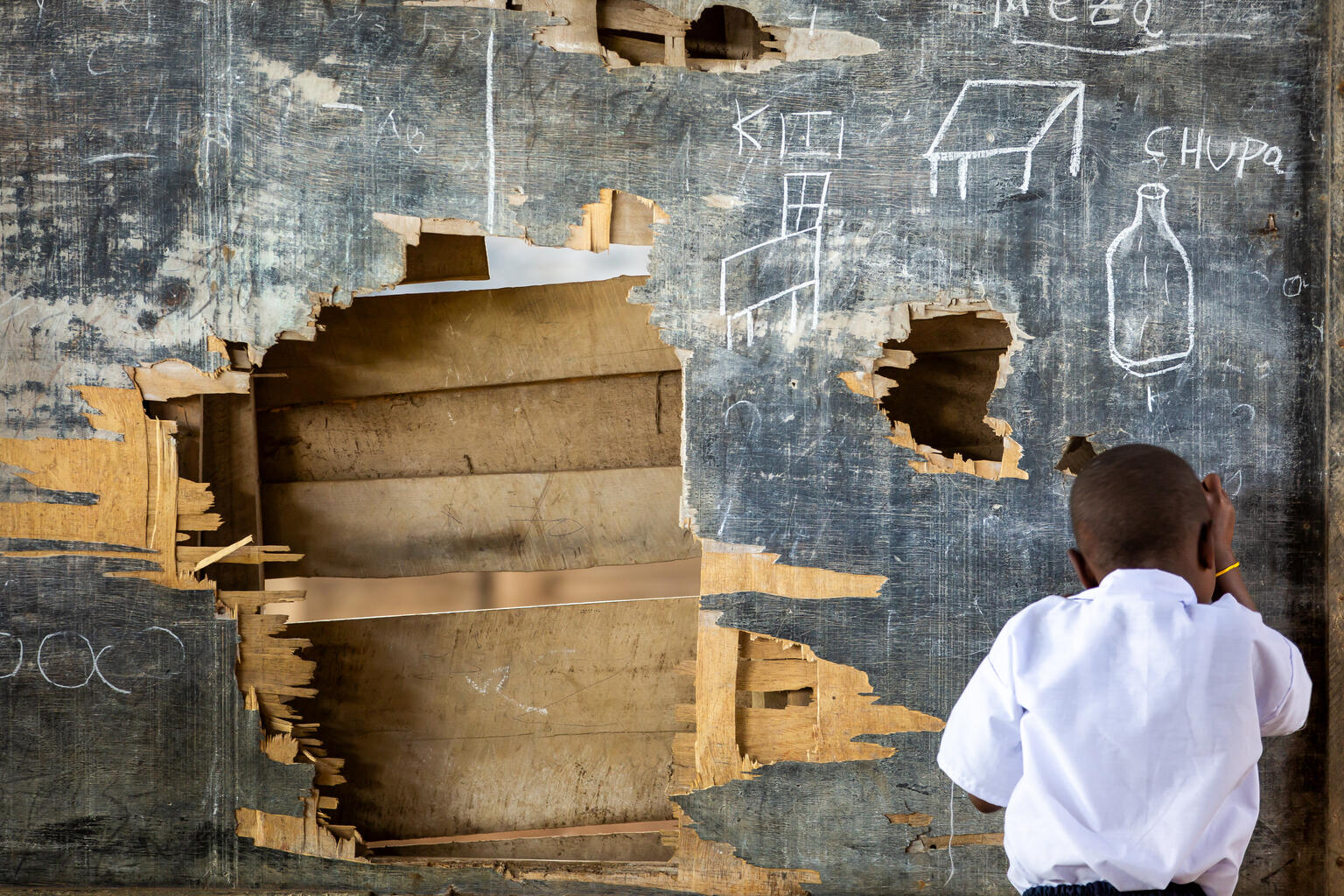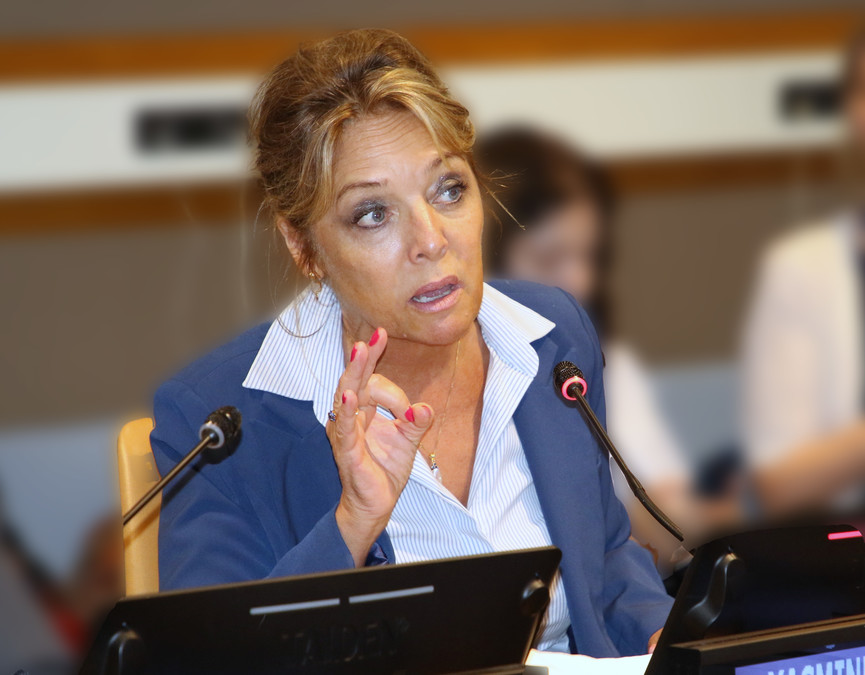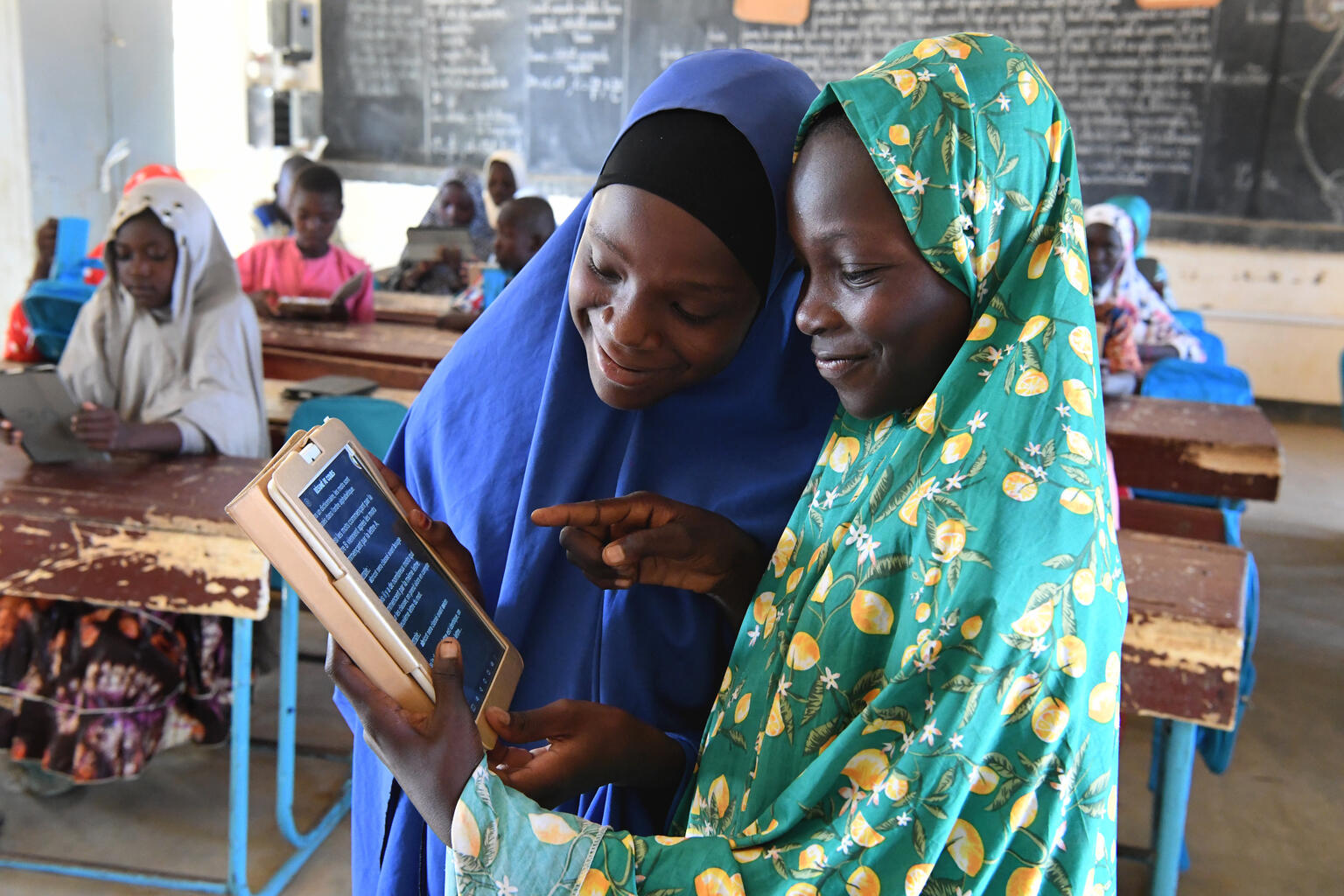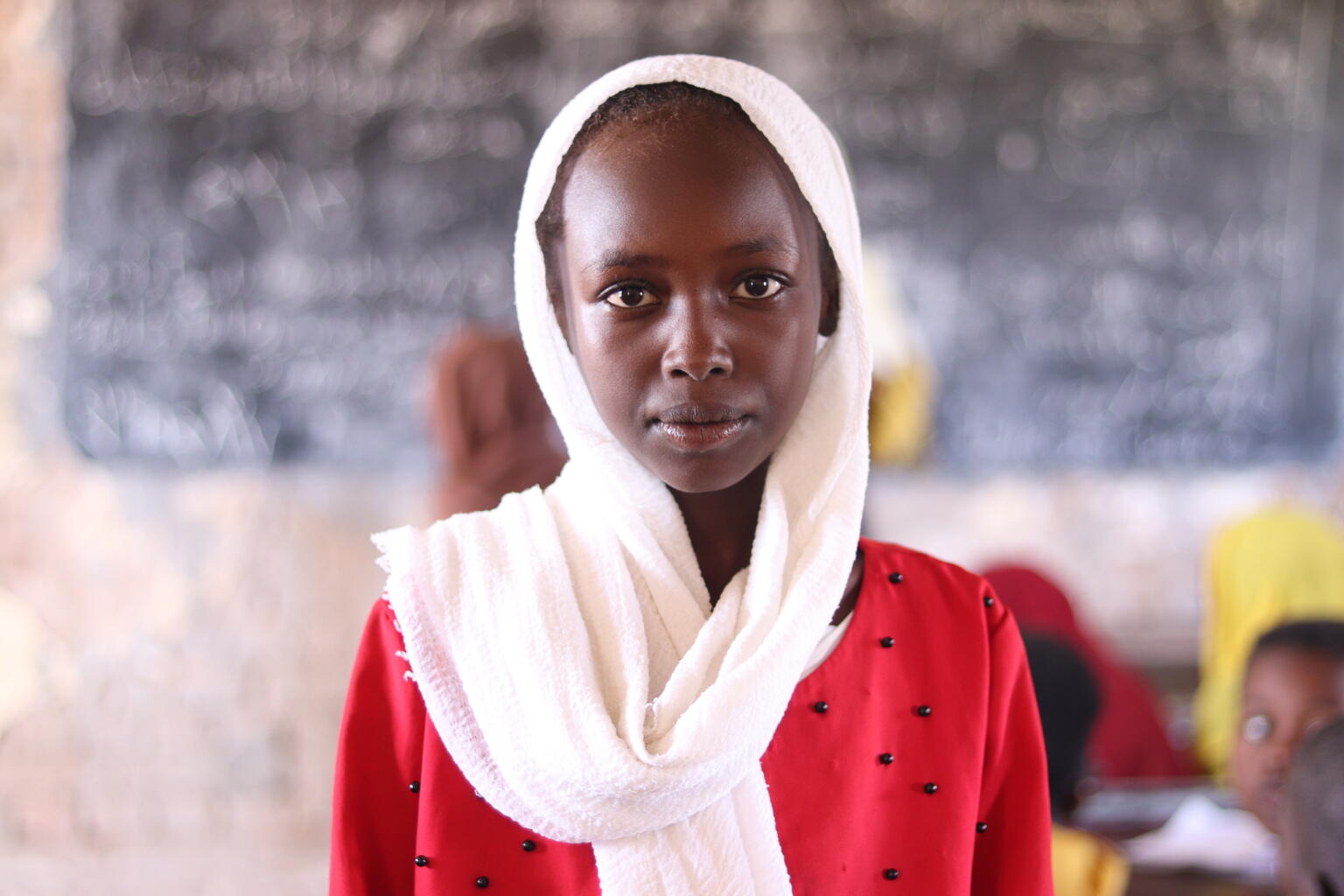When a School is Bombed, Hope Dies

International Day to Protect Education from Attack Statement by Education Cannot Wait Executive Director Yasmine Sherif
When a school is bombed, hope dies. When children are abducted from their classrooms and pushed into unimaginable forms of modern slavery and abuse, our dream of peace and equality is destroyed. When teachers are too afraid to teach, our society is in peril.
This year’s International Day to Protect Education from Attack comes at a time of unprecedented violence, hate, fear and terror in countries across the globe. In Gaza, nearly 90% of school buildings have been damaged or destroyed. In fact, the education system has been decimated, according to UNRWA. This horrific catastrophe has left over 40,000 Palestinians dead, according to the Palestinian Ministry of Health.
Unfortunately, the number of attacks keeps growing at an alarming rate worldwide. In March 2024, gunmen abducted 287 students in Northwest Nigeria, a continuation of the abhorrent attacks that have undermined peace and development efforts in a country of vast potential. These types of attacks all-too-often end in death, maiming, child marriage, sexual violence, forced recruitment into armed groups and other grave violations.
This is an urgent global problem with global consequences. On average, eight attacks on education or cases of military use of schools were recorded daily around the world in 2022 and 2023, according to the newly released ‘Education Under Attack 2024’ report. Last year alone, more than 10,000 students and educators were killed, injured, abducted, arrested or otherwise harmed by these attacks.
The highest numbers of attacks on education were recorded in the Democratic Republic of the Congo, the State of Palestine and Ukraine. Attacks on education also increased in Sudan, Syria and Nigeria. Justice and human security are the foundation of International Humanitarian Law, and the values enshrined in the Safe Schools Declaration, UN Charter and Convention on the Rights of the Child.
Today, we must stand firm against attacks on education. Today, we must hold the perpetrators of these attacks accountable for these actions. Today, we must provide renewed hope for the girls and boys who have endured these horrific ordeals to return them to the safety and solace of the classroom. We have learnt from history that the most effective way to destroy a people, their identity, their culture and their human rights is to destroy their education. Now, more than ever, “Never again” must mean never again!




